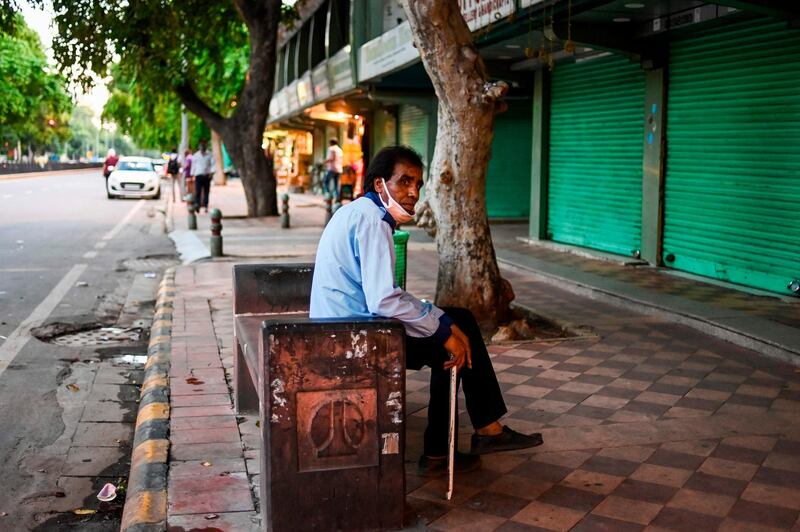Capital flows to emerging markets securities fell more than 86 per cent in August, as a continued rise in Covid-19 infections posed questions on the pace of the post-pandemic recovery and deteriorating US-China relations dented investor confidence.
Emerging markets received capital flows of around $2.1 billion (Dh7.71bn) in August, down from $15.2bn in July, the Institute of International Finance said in its latest Capital Flows Tracker report.
“Gyrations in the US-China trade narrative, a fresh bout of market turmoil in some EMs and lingering questions on the post Covid-19 recovery path marked the dynamics of non-resident flows during August,” Jonathan Fortun, an economist with the IIF, said.
Emerging market debt securities witnessed their first outflows since March as investors withdrew $2.3bn. On the equity side, IIF estimates there were $3.8bn of inflows to emerging markets, excluding China. Flows to China increased marginally by $600 million, according to the IIF's data.
China was the first country to report a Covid-19 outbreak and was the first to recover from the pandemic. The number of cases in some other emerging markets, however, have been consistently rising. Total Covid-19 infections in India, Asia’s third-largest economy, have crossed more than 3.6 million as the country reported several record daily rises in infections in the past few weeks.
In Brazil, the number of infections is edging close to 4 million, the second-highest in the world after the US, which accounts for about a third of the 25.9 million global Covid-19 infections, according to Worldometer data on Wednesday.
The rise in infections has also posed questions about the ability of some emerging markets to recover from economic slumps caused by measures to contain the spread of the pandemic. India's gross domestic product shrank 24 per cent in the second quarter of this year, much higher than forecast. Turkey's economy contracted by 9.9 per cent in the three months to June on annual basis as the country's coronavirus lockdown brought economic activity to a near standstill.
Governments and central banks in some emerging markets are also reaching the limit of conventional monetary and fiscal tools to support their economies as the pandemic continues to spread, the International Monetary Fund said last month.
The impact of Covid-19 on emerging markets has far exceeded that of the global financial crisis and the pandemic has yet to "play out fully in the emerging market universe", the IMF said.
The IIF said negative sentiment on emerging markets approached extreme levels during March, setting the stage for “more two-way discussions on risks and opportunities in the EM space”.
“Nevertheless, our data shows that the rebound in flows to EM is small compared to outflows earlier in the year,” Mr Fortun said.
“One reason may be growing differentiation in flows to EM, with some markets seeing outflows that continue to build. This picture of increased differentiation is in line with our work on currency valuations, which points to persistent overvaluations for some countries [in EM space].”
Regionally, emerging markets in Asia received the most capital, registering inflows of $4.7bn, followed by Latin America at $700m, with all the remaining regions posting outflows of capital, the IIF said.








